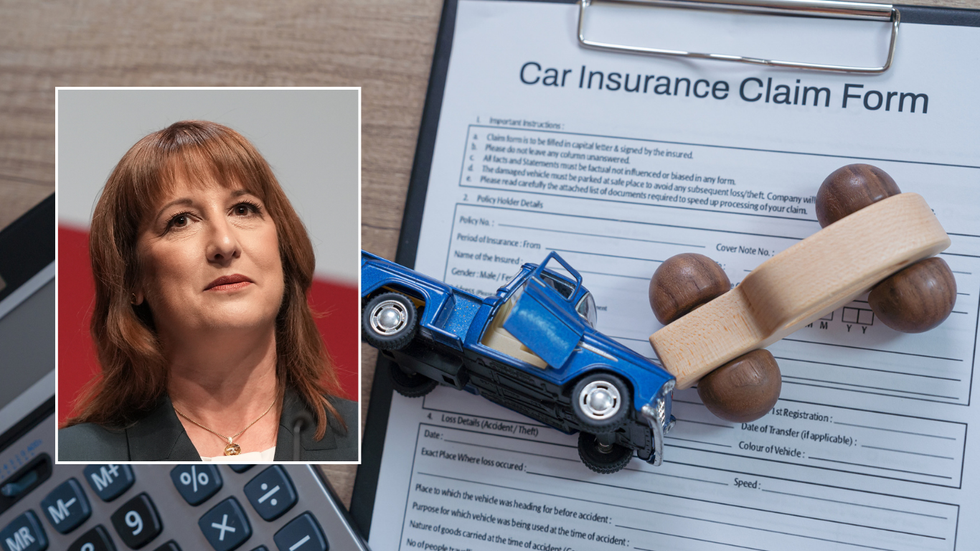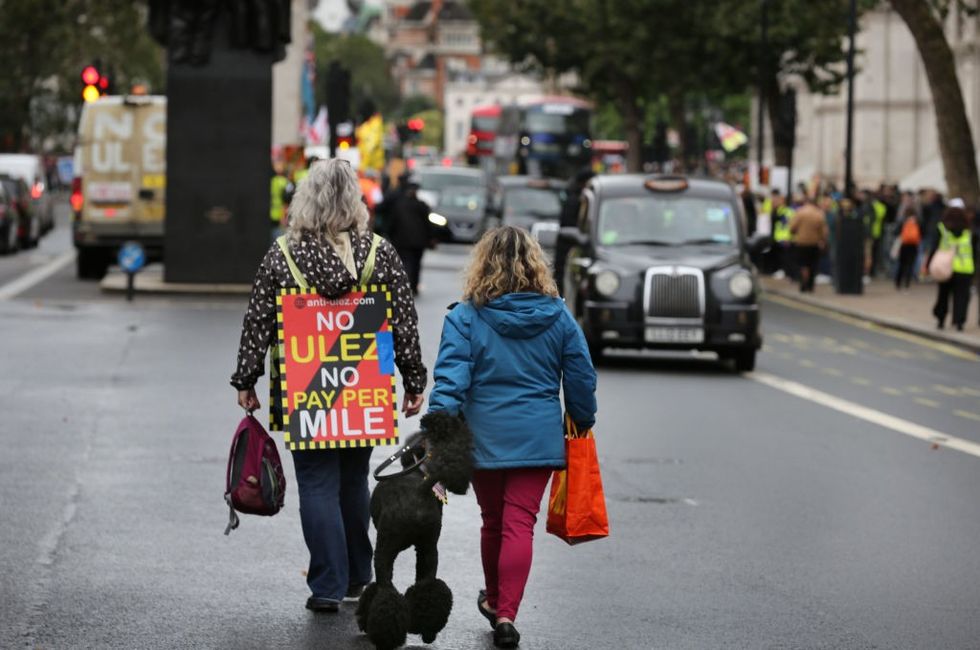Drivers have been warned that Rachel Reeves’ Autumn Budget could cause motorists to rethink their car insurance policy after speculations around pay-per-mile taxes sparked concern.
Rumours suggesting that the Chancellor is exploring a pay-per-mile road tax system have begun mounting, a move that could see drivers charged every mile they travel.
The speculation has already prompted a major shift in driver behaviour, with research showing that around one in three motorists are now considering switching to so-called “black box” insurance.
The insurance type, known as telematics-based policies, uses a small Bluetooth-enabled tab, roughly the size of a key fob, which links to a driver’s smartphone.
The device monitors five key aspects of driving behaviour: speed, acceleration, braking, cornering, and phone use.
Drivers who demonstrate safe and consistent habits can be rewarded with cheaper premiums at renewal, while those who drive less safely may see smaller savings.
According to Hastings Direct, drivers who choose telematics insurance typically save around 20 per cent on average compared to standard comprehensive cover, often worth hundreds of pounds a year.
The research also revealed that motorists aged between 35 and 44 are leading the shift, with 40 per cent saying they are likely to switch.

Regional differences were clear too, with Belfast topping the list with 44 per cent of drivers showing interest, followed by Bristol (43 per cent), Nottingham (40 per cent) and London (39 per cent).
Jennifer Hammond, Head of Brand and Marketing at Hastings Direct, said: “Telematics insurance can be a great way for drivers to prove that they can drive safely while saving money at the same time.
“It’s encouraging to see more experienced motorists embracing this technology, especially during a time when household budgets are under pressure.”
Unlike early versions of black box insurance, modern telematics systems are far less restrictive. There are no curfews, mileage caps or limits on road types.

LATEST DEVELOPMENTS:
- Motorists’ fury as rollout of new car technology impacts driving standards for thousands across UK roads
- Millions of drivers demand return of cash as parking payment apps spark fury – ‘Can be a pain!’
- Ferrari unveils first electric supercar with jaw-dropping top speed and confirms future petrol plans
Instead, GPS technology compares a driver‘s speed with local limits and calculates a driving score out of 100. Motorists can view their score and get tailored driving tips through a mobile app, turning the technology into a tool for both safety and savings.
Yet despite the growth in popularity, misunderstandings remain widespread. The Hastings Direct study found that 11 per cent of motorists wrongly believe black box insurance limits which roads they can use, while 10 per cent think it bans driving at certain times.
Others assume their insurance becomes invalid if they exceed their estimated mileage, or even that the device monitors their music habits — all incorrect beliefs.
Ms Hammond added: “As the cost of living continues to rise, it’s no surprise that more people are exploring every possible way to save. Telematics insurance offers a straightforward way to reduce costs while promoting safer driving.”

The growing public interest in telematics comes as policy experts warn of a looming financial gap in the Treasury‘s motoring income.
The Resolution Foundation recently called for a nationwide road pricing scheme that could charge motorists between three and nine pence per mile, potentially raising around £20billion a year.
Under the plan, lighter electric vehicles weighing around 1,000 kilograms would pay the lower rate, while heavier 2,800-kilogram models would face higher charges. Despite these recommendations, the Treasury insists there are “no plans to introduce road pricing“ at this time.
A spokesperson told GB News: “We are committed to supporting our automotive sector as we transition to electric vehicles in order to meet our legally binding climate targets.”
However, with the Chancellor under pressure to find new sources of revenue, many motorists fear that some form of motoring tax reform is inevitable. For millions of drivers across the UK, exploring black box insurance may be the first step in preparing for whatever changes the Autumn Budget brings.
Our Standards:
The GB News Editorial Charter







Follow